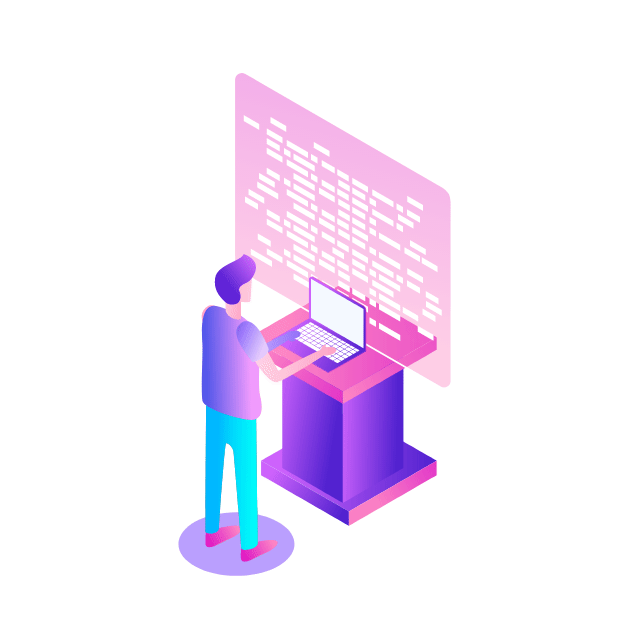In 2020, Google Cloud launched the Research Innovators program to encourage scientific breakthroughs with the latest cloud technologies. With access to Google experts and support from peers, research innovators are able to fast-track their projects for real-world impact. They receive additional Google Cloud research credits, support to share their work, speaking opportunities, complimentary admission to Google conferences, and more. As the second cohort of 62 researchers completes their year’s work, we are proud to celebrate their achievements. Here are some of the highlights:
James Brinkhoff, associate professor at the Applied Agricultural Remote Sensing Centre of the University of New England in Australia, used Google Cloud and Google Earth Engine to develop a comprehensive, real-time map of the rice fields in Australia. Applying machine learning models to this data can generate predictions that will help Australian rice growers optimize management of their fields to produce more rice more sustainably–even as climate change creates unpredictable or extreme conditions.
Marieke van Buchem, Ph.D. researcher and data scientist at the Leiden University Medical Center in the Netherlands, applies natural language processing (NLP) tools to accelerate and scale up the implementation of clinical artificial intelligence (AI) in hospitals. With colleagues at Stanford University, she piloted a program to identify cancer patients at risk for developing depression. Using Google’s open-source Bidirectional Encoder Representations from Transformers (BERT), their model was able to distinguish concerning from non-concerning patient messages, with results that were accurate across demographic subgroups.
Ignacio Carlucho, research associate in the School of Informatics at the University of Edinburgh, worked with a team of researchers to create a model to teach robots how to collaborate with any number of teammates, even in unpredictable situations like self-driving cars. They ran models to simulate as many as 10 million different robot actions, or timesteps, using eight Google Cloud Graphical Processing Units (GPUs) simultaneously. Their learning framework was able to improve robot learning in different ad hoc teamwork problems.
Neo Christopher Chung, assistant professor of computer science at the University of Warsaw and Research Associate in the David Geffen School of Medicine at University of California in Los Angeles, uses AI to study cancer images like CT and PT scans in order to improve diagnoses and prognoses for patients. Using Google Cloud GPUs on datasets running to hundreds of gigabytes or tens of petabytes, he and his colleagues at the Computational Biology and Machine Learning group at the University of Warsaw have developed high performance AI that can accurately classify tumors and simultaneously explain its decision-making process.
Gregory Tweedie, associate professor at the Werklund School of Education at the University of Calgary, used machine learning to assess the accuracy of foreign language testing for medical licensing in Canada. He and his team developed an app called TestPredikt that used Google’s VertexAI to predict student scores on several international standardized language tests with 90% accuracy. By identifying key predictors of language test scores, his research makes language tests more equitable and accessible.
Discover more about the 2022 Research Innovators and their projects here. To apply to join the 2023 cohort, complete the application by January 29th. To get started with Google Cloud, apply for free credits towards your research.
Cloud BlogRead More


